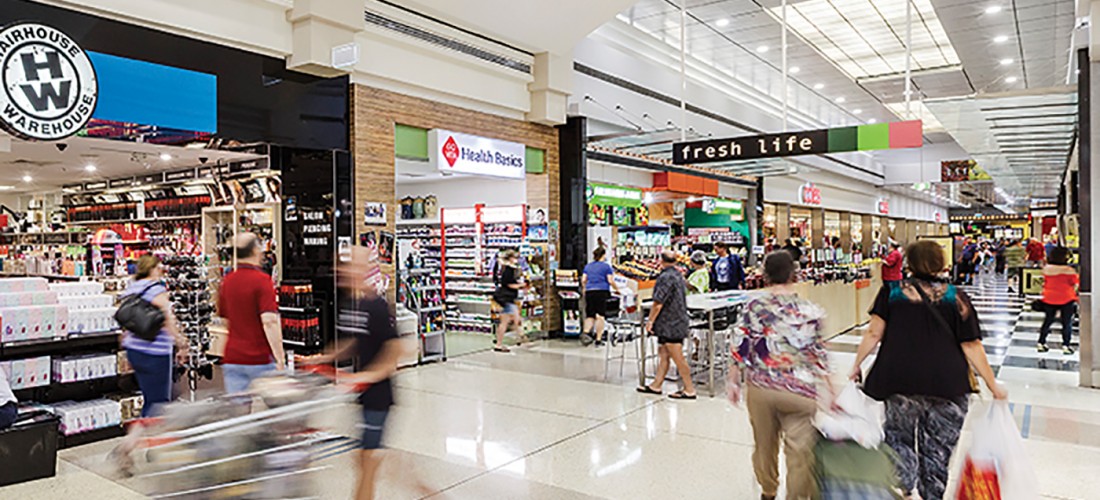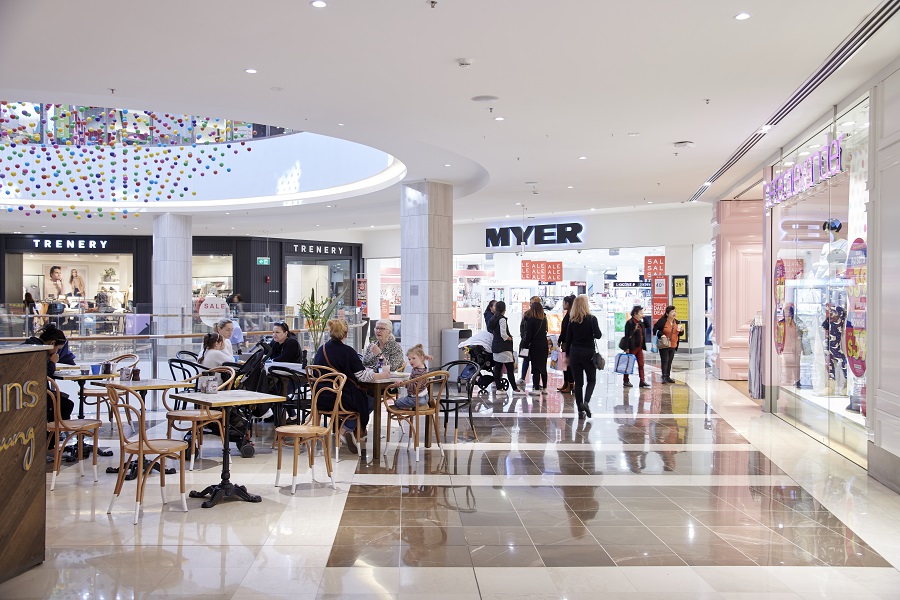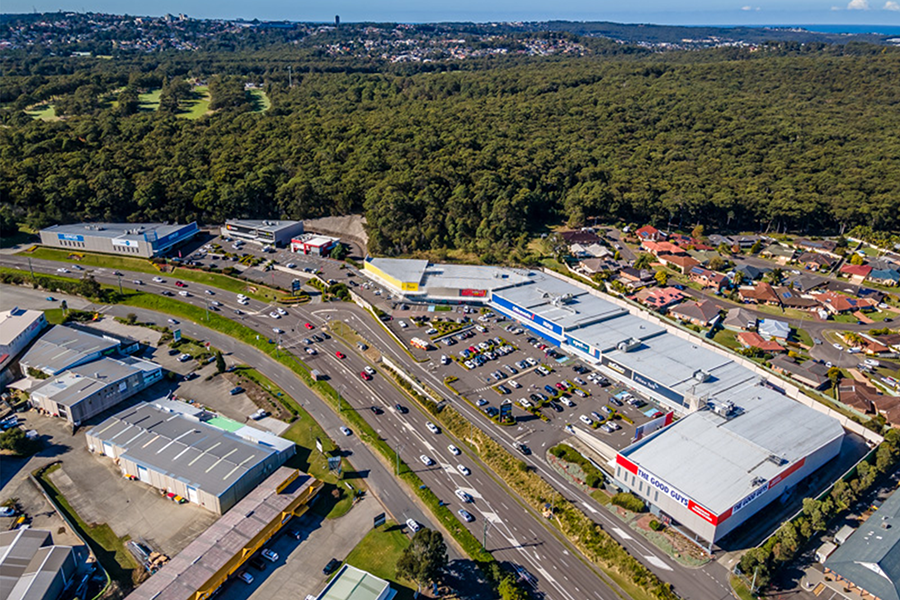The Federal Budget will deliver almost $100 billion in new spending to support Australia’s recovery from the impacts of COVID-19. The retail sector will receive a boost from more money being handed back to households through income tax cuts that are especially beneficial to low and middle income households. The record level of stimulus announced is set to kickstart the economy as income tax cuts put more money in the hands of households in the hope that it will be spent rather than saved.
Treasurer Josh Frydenberg says the Budget is focused on “creating jobs, rebuilding the economy and securing Australia’s future”.
The National Retail Association (NRA) has praised the Federal Budget, claiming it provides numerous measures that will offer urgent relief to struggling retailers.

The retail sector will receive a boost from more money being handed back to households
NRA CEO, Dominique Lamb, said measures aimed at boosting consumer spending and encouraging business investment had been items long advocated for by the NRA. “The Budget announced last night takes key steps towards helping Australian retailers navigate the greatest economic crisis since the Great Depression,” Lamb stated.
“Bringing forward and backdating tax cuts for low and middle-income earners will mean that everyday Australians will now have more money in their hip pocket to spend at the shops. The need to restore consumer confidence was vital, particularly as we head into Christmas, and these tax breaks will go a long way to achieving that.
“The NRA has been advocating for the continuation and expansion of the instant asset write-off since before COVID-19 came along. Local cafés, family-owned restaurants and small clothing shops, to name just a few, will now be able to make investments in their business that would otherwise be unaffordable.
“We also support the wage subsidy for any business that employs a worker aged below 35 who is currently on JobSeeker. Not only will this help get people back into work, it will also ensure that businesses are adequately staffed while they navigate the first recession in 30 years.”
The JobMaker program offers $4 billion of hiring credit for up to 12 months for employers who hire people 35 and under – something Frydenberg said could support the creation of 450,000 jobs. The scheme will pay $200 a week for new employees aged 16 to 29, and $100 a week for employees aged 30 to 35, and will be paid for a year from when the employee starts.
Lamb said the timing of the Budget measures couldn’t be better, with the retail sector about to head into its busiest time of the year.

The need to restore consumer confidence is vital, particularly as we head into Christmas
Last week’s ABS retail trade report for August showed a decline in retail sales of 4% nationwide.
“Christmas is not only the busiest time of year for retailers, it’s also the most important,” said Lamb. “Many small businesses rely on a bumper holiday harvest to survive leaner times of the year, so the last thing any of them need is for consumer spending to drop between now and Christmas.”
The Green Building Council of Australia (GBCA) welcomed the 2020 Federal Budget with CEO, Davina Rooney, saying the landmark business investment package ticks the right boxes on driving business confidence and setting Australia up for a return to growth.
“In the 2020 Federal Budget, the Government has delivered an unprecedented package of business investment incentives, including a key expansion of the instant asset write-off scheme,” said Rooney. “This will enable businesses to capitalise on the jobs-rich potential from investing in major energy efficiency upgrades and improvements to buildings and industry. It complements the previously announced $52.2 million in funding to increase the energy productivity of Australia’s buildings.
“Not only could such investments create more than 91,000 job years of employment, they could deliver substantial secondary dividends including lower energy costs, improved resilience outcomes and reduced emissions.”

Macquarie Centre, North Ryde
Most of the Budget’s benefits to the real estate sector come indirectly through support to the broader economy – boosting jobs, stimulating business investment and providing households with more money to spend. The residential sector is the main beneficiary of direct fiscal measures:
- First Home Owners Grant (FHOG) will apply to an extra 10,000 recipients, adding to the 20,000 already allocated this year. The purchase cap will be lifted from $750,000 to $950,000.
- An extra $1 billion of cheap finance will be offered to registered community housing providers. This extends on the $2 billion in the 2017-18 federal budget under the National Housing Finance and Investment Corporation (NHFIC).
Bradley Speers, CBRE Head of Research, Australia said: “Jobs growth is the clearest indicator of a healthy economy, and jobs growth is what the Federal Government is striving for in the FY2020-21 Federal Budget handed down on October 6. Fiscal stimulus targeting jobs growth includes wage subsidies, business tax credits, infrastructure spending and investment into the energy sector, manufacturing and research & development.”
On the back of the massive levels of fiscal stimulus announced in the budget, it’s likely that the Federal Government will put pressure on the RBA to provide more monetary support. The most likely lever is in reducing the cash rate to 0.1% in November.





















